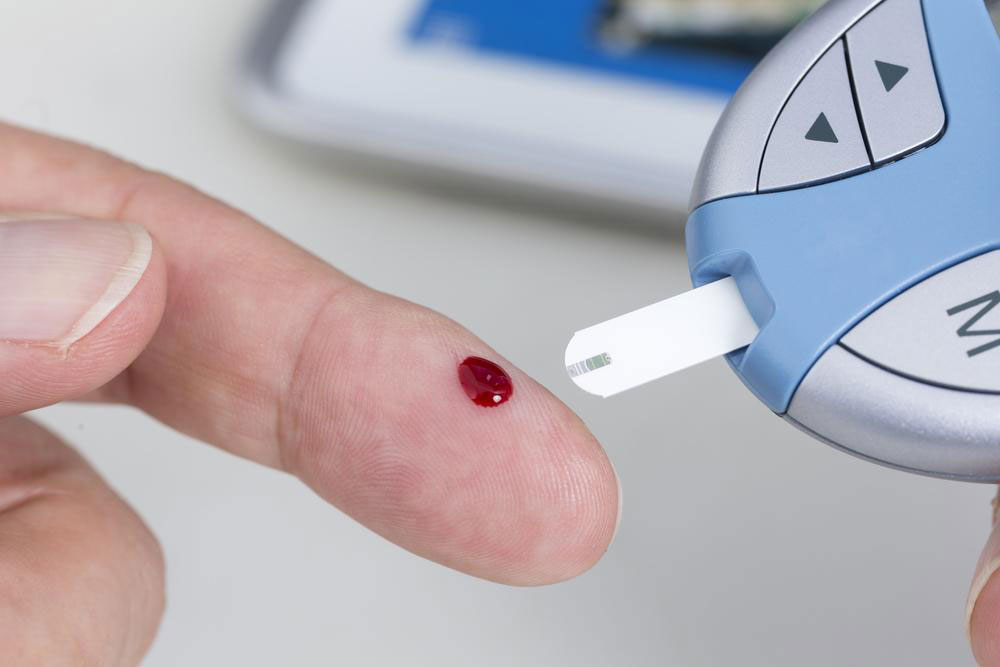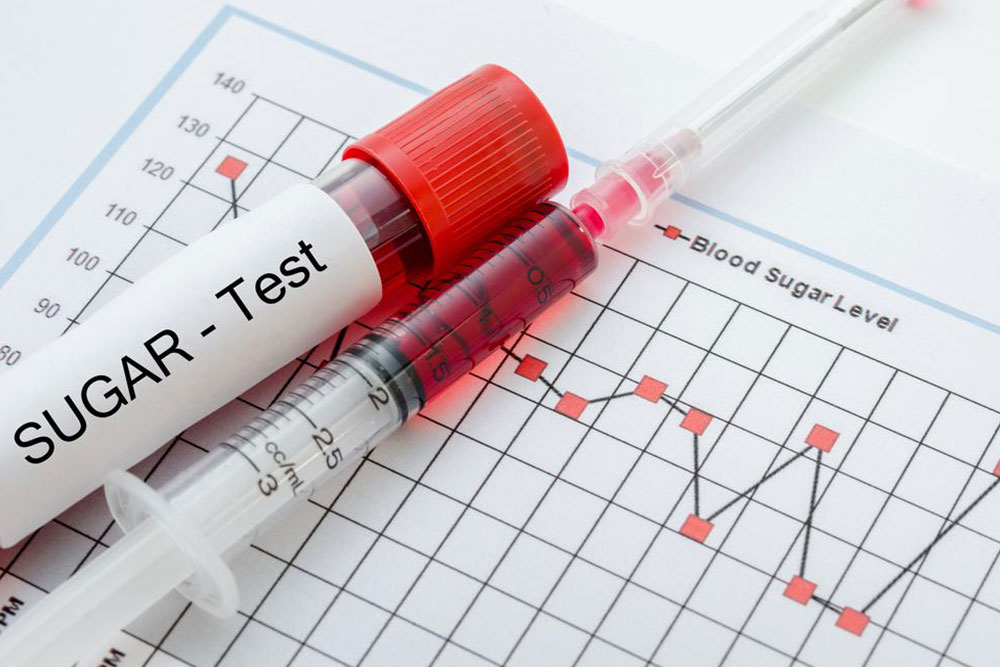Understanding the Importance of the Hemoglobin A1C Test
Learn why the Hemoglobin A1C test is essential for monitoring blood sugar levels and preventing diabetes. This test measures long-term glucose control, helping both diabetics and at-risk individuals maintain health. Regular testing offers valuable insights into managing blood sugar, even for those without diabetes, and supports proactive health decisions.

The Significance of the Hemoglobin A1C Test
Hemoglobin is a vital protein in red blood cells that facilitates oxygen transport throughout the body. It gives blood its red color and is essential for body functions. Hemoglobin's role is to carry oxygen from the lungs to tissues and to ensure proper blood cell shape, thanks to its iron content.
Problems arise when excess glucose connects to hemoglobin, forming glycated hemoglobin, known as A1C or Hb1c. This connection, called glycation, can indicate blood sugar levels and diabetes risk. Testing A1C helps assess long-term blood glucose control.
If you have diabetes, this test reveals your average blood sugar over the past 3-4 months. Even non-diabetics should consider getting an A1C test periodically, especially if their diet includes high sugar intake or they are overweight, to prevent future diabetes and maintain healthy glucose levels.
Monitoring your A1C level, ideally close to or below 5%, offers insights into your blood sugar management. Regular testing helps you stay informed about your health and take proactive measures.
Disclaimer:
The information on this site serves to inform and guide readers across various health topics. It is based on research but should not replace professional medical advice. The website disclaims responsibility for inaccuracies or differences in data across sources. Some available schemes and offers might not be covered here but could be more beneficial for individual needs.










